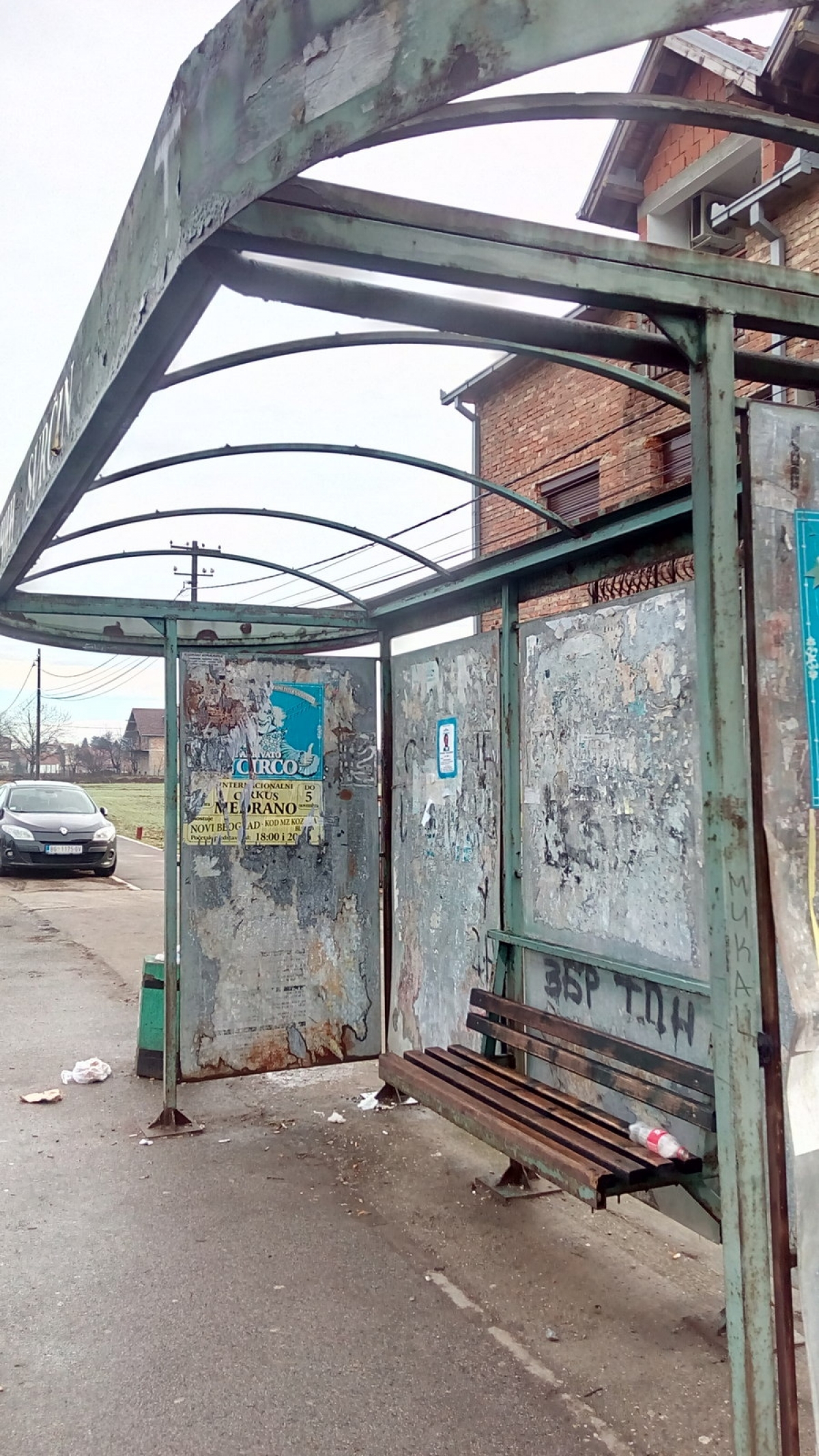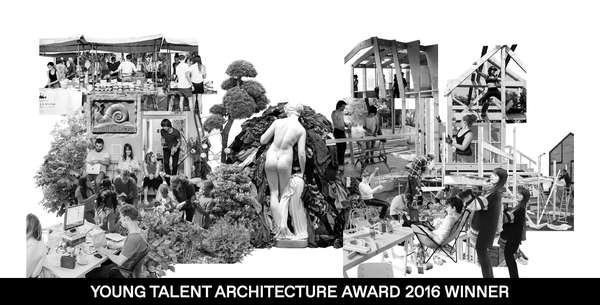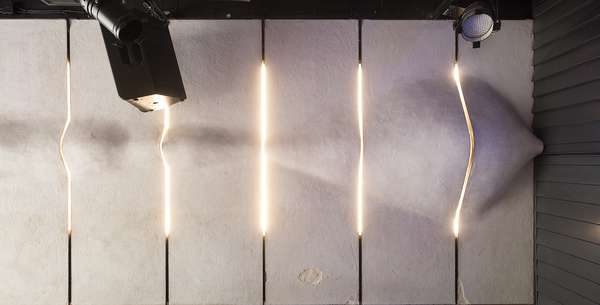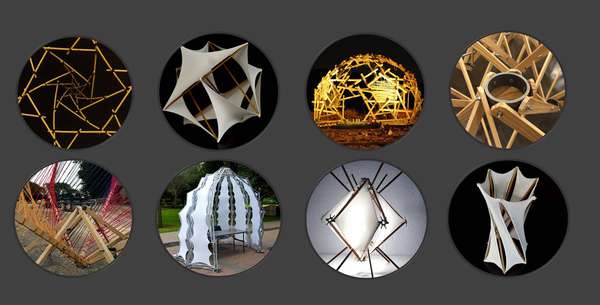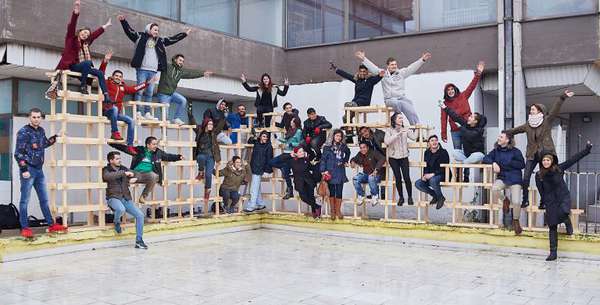BINA2018 - Bus Stop Facelift
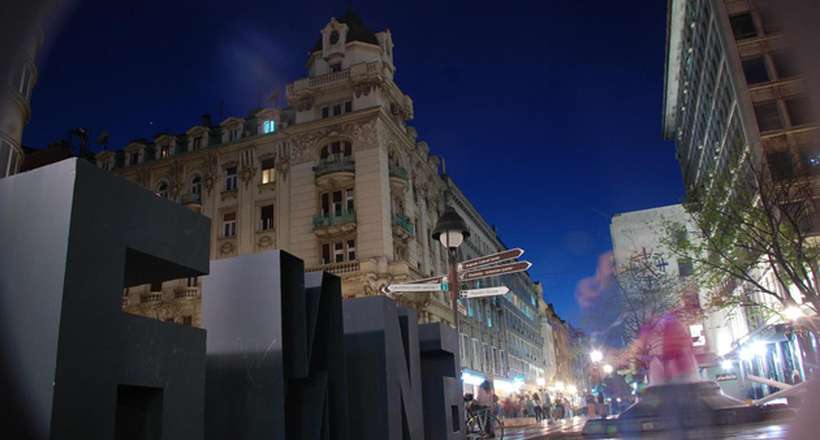
The theme of the thirteenth BINA Festival is dedicated to communications in architecture, comminicating through architecture and the spreading of the ideas about the relations and the city spaces. Communis means "common, community and sharing" and communicare "to do something in common". Architecture and architects representing the public interest, improving communities and communicativeness stimulate development of space, social processes and cities.
There is the longstanding lack of affordable communication of architecture and architectural concepts of basic human needs. In the interactions of nature, objects, urban and common spaces, the heritage of the city and the new urban areas, we see the development of architectural ideas and communications with the users of the space and the return of architecture to its essence. Communication with the audience, including those "in" and "outside" the profession of architecture, BINA platform sets itself as a mediator, as a link, as a space for exchanging ideas and opinions among the widest population, professionals and the academic community of Belgrade and the wider region. Communication between citizens and the city is an essential relationship on which the development of society's democracy in the future is based.
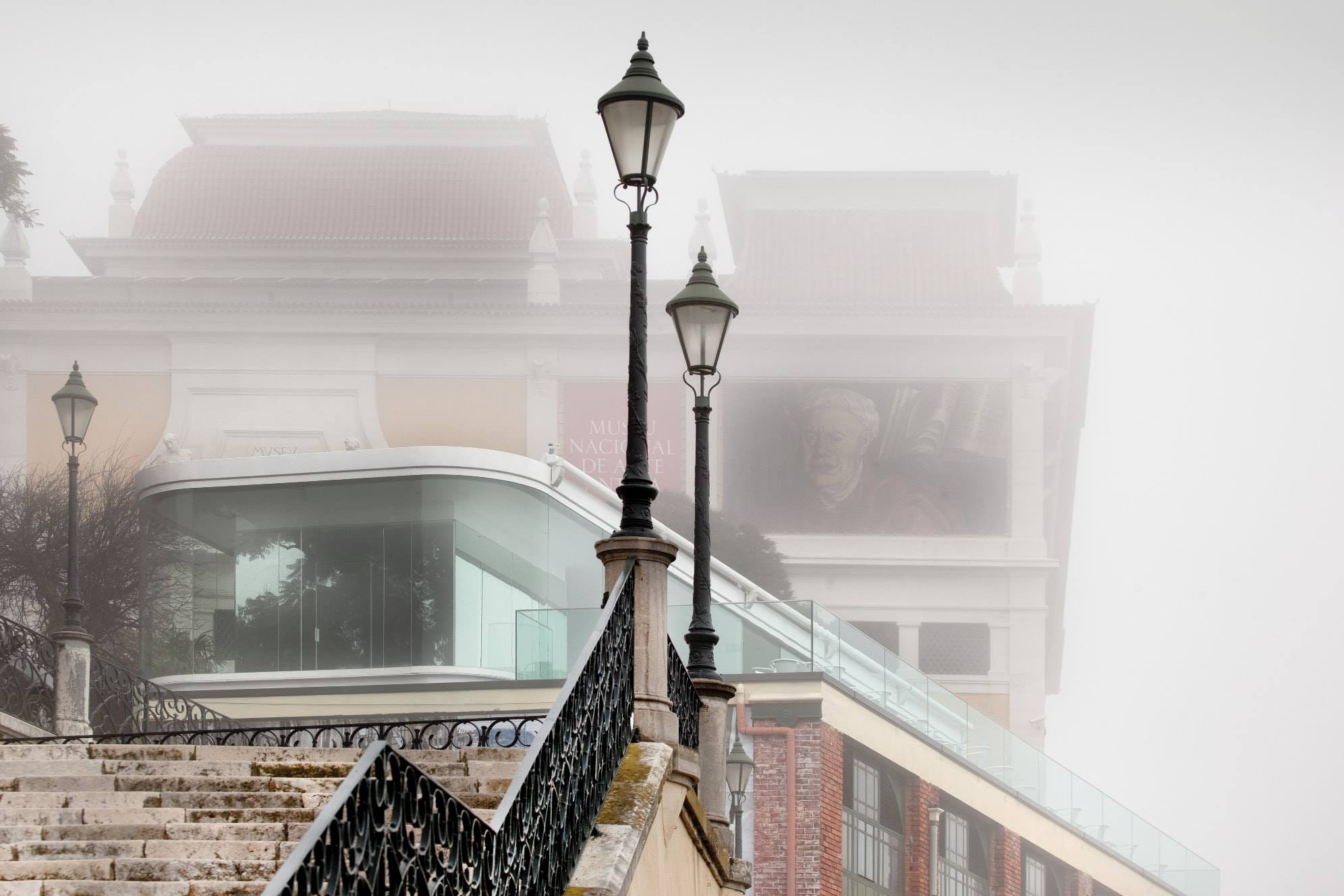 Established dialogues with the past through the imposing architect of academician and professor Ivan Antic (1923-2005), with the present through the EU project Creative Europe, Sharing Cities: Creative Momentum (SCCM-Urban Hub 2) and visions of the future of the EU Platform Creative Europe / Future of Architecture (FA), the BINA program will be dynamic and will attract and interest the widest audience. Through the educational part of the program, city walks, interventions, actions, workshops, guest lectures, we will explore spatial practices and narrative techniques as well as media forms that best present contemporary architecture and design. More.
Established dialogues with the past through the imposing architect of academician and professor Ivan Antic (1923-2005), with the present through the EU project Creative Europe, Sharing Cities: Creative Momentum (SCCM-Urban Hub 2) and visions of the future of the EU Platform Creative Europe / Future of Architecture (FA), the BINA program will be dynamic and will attract and interest the widest audience. Through the educational part of the program, city walks, interventions, actions, workshops, guest lectures, we will explore spatial practices and narrative techniques as well as media forms that best present contemporary architecture and design. More.
Bus Stop Facelift
Within the framework of the Future Architecture platform, BINA 2016 has dealt with neuralgic points of the city of Belgrade, trying to map places which need new energy or purpose, followed by focusing on Belgrade suburbs in 2017. This year BINA goes step further - one specific suburb has been selected– LEDINE and the case of the BUS STOP FACELIFT.
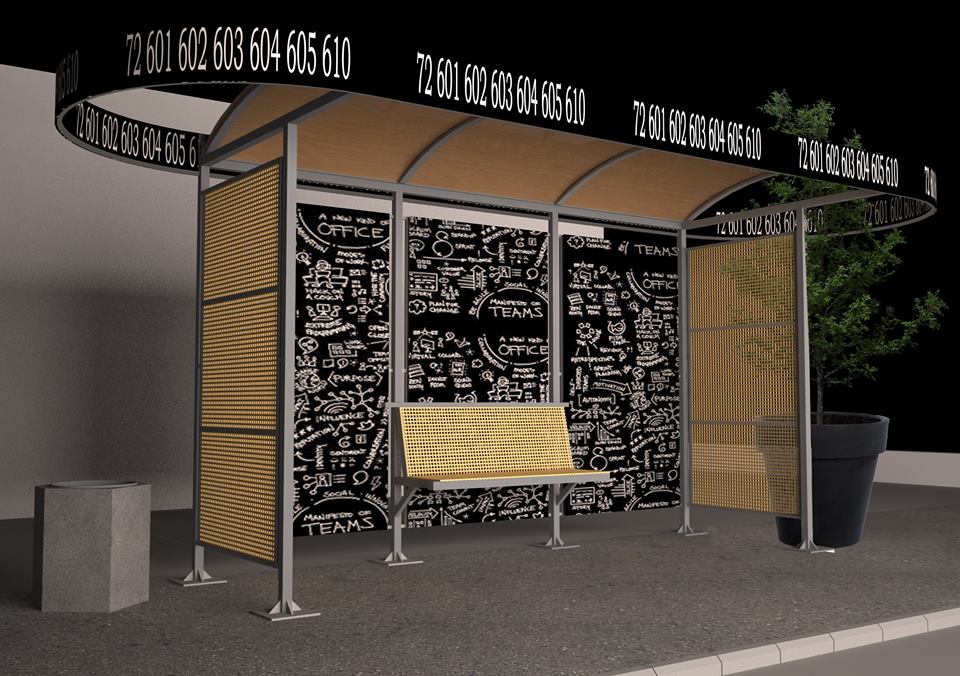 The goal is to through specific examples of mini locations, namely 5 bus stations, try to observe the possibility of spatial interventions and to implement all phases and elements of space creation from site analysis, citizen surveys – community representatives, conceptual solutions, public debates to project development and realization. When choosing a location, organisers decided to settle for the Ledine settlement on the edge of New Belgrade. The settlement has about 10,000 inhabitants, of which approximately 40% are Serbs, 40% are Roma and 20% are members of other nationalities. The social map of the inhabitants is very modest, and the area suffers from numerous communal, social and cultural problems. The situation can be considered typical for a large number of neighboring municipalities and settlements in Serbia. In addition to the ubiquitous economic crisis and the constant population influx into the urban and suburban areas, settlements of this type have also brought a great burden due to the rapid rise of a population.
The goal is to through specific examples of mini locations, namely 5 bus stations, try to observe the possibility of spatial interventions and to implement all phases and elements of space creation from site analysis, citizen surveys – community representatives, conceptual solutions, public debates to project development and realization. When choosing a location, organisers decided to settle for the Ledine settlement on the edge of New Belgrade. The settlement has about 10,000 inhabitants, of which approximately 40% are Serbs, 40% are Roma and 20% are members of other nationalities. The social map of the inhabitants is very modest, and the area suffers from numerous communal, social and cultural problems. The situation can be considered typical for a large number of neighboring municipalities and settlements in Serbia. In addition to the ubiquitous economic crisis and the constant population influx into the urban and suburban areas, settlements of this type have also brought a great burden due to the rapid rise of a population.
Given that similar cases are happening in all major European cities, and as these tendencies will surely continue in the future as a consequence of social and political movements, ‘’Ledine Case’’ is relevant and recognizable to all urban areas, therefore up-to-date and relevant for work within the European Platform - Future Architecture.
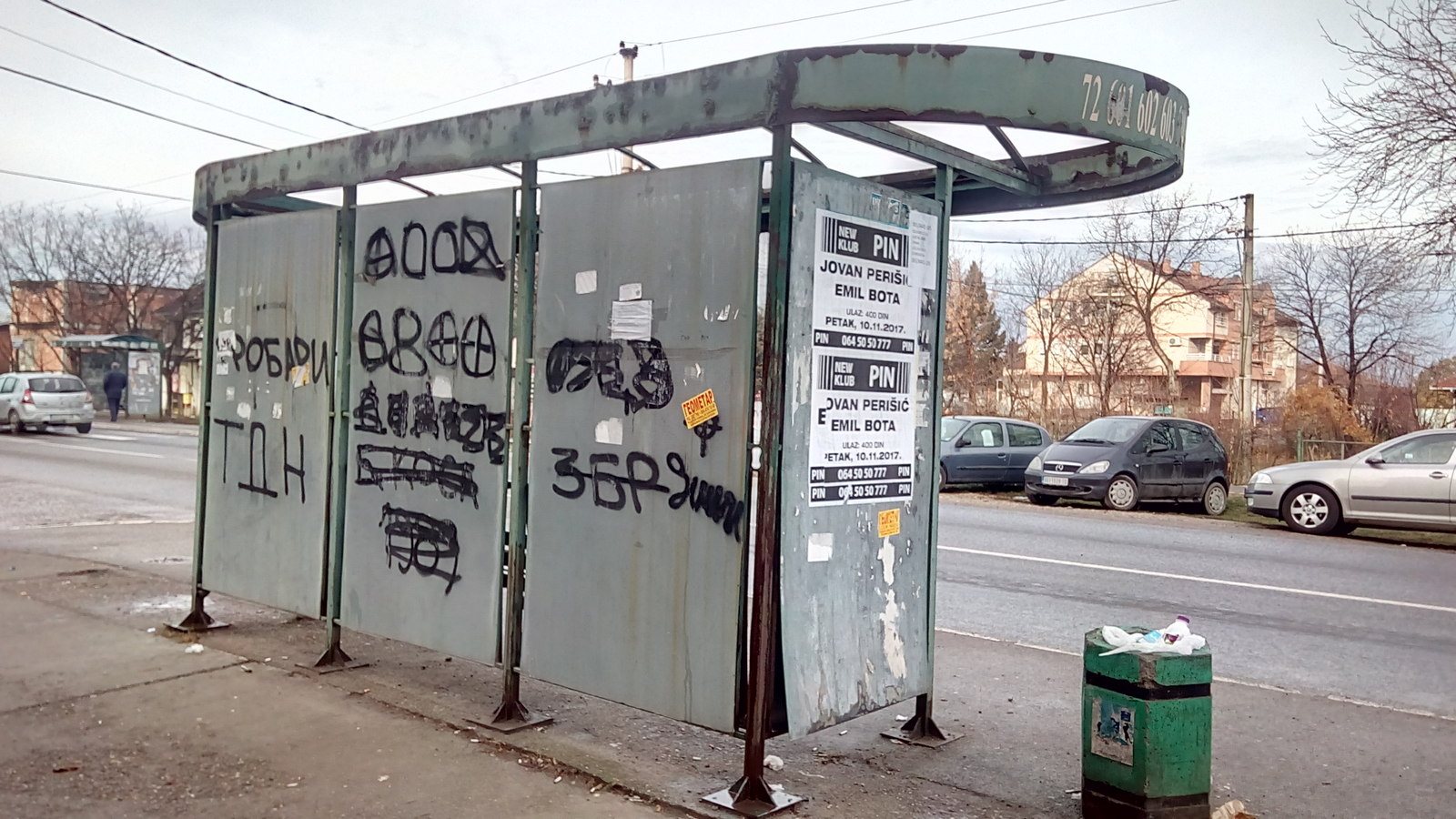 The workshop will be considered the whole process from preparation to realization as an architectural-social experiment. During the workshop BUS STOP FACELIFT the participants will review the possibilities of a fast but professional and locally aware spatial solution that will be created, or at least indicate the possibility of a better and more humane use of the public space.
The workshop will be considered the whole process from preparation to realization as an architectural-social experiment. During the workshop BUS STOP FACELIFT the participants will review the possibilities of a fast but professional and locally aware spatial solution that will be created, or at least indicate the possibility of a better and more humane use of the public space.
On the one hand, the workshop will re-examine the possibilities, advantages, and disadvantages of such mini-interventions in the areas that are far from the central zones of the city and the priority interventions that are being carried out within them, in order to improve the living conditions precisely in these areas. On the other hand, these mini-interventions are also an experiment dealing with the architectural form and ephemeral objects that occur quickly, do not last long, adapt to current needs and follow the rhythm of contemporary urban life in the city.
The project’s participants are five international authors/teams who took part in the Future Architecture open call, together with the Belgrade team consisting of students from the Faculty of Applied Arts of the University of Belgrade. The work of the selected teams is carried out in cooperation with mentors and curators. Mentors were selected as experts who in their professional work have had significant experience and successful realization in similar projects. We believe that the international group of participants and mentors, as well as the exchange of opinions and experiences from different backgrounds, will contribute to the creativity and quality of the design proposal that citizens will have the opportunity to see and experience at the bus stops in the Ledine settlement.
Participants: Studio ADAMICZKA.BROMA (Poland), MELEEM (Macedonia), Studio SKREI (Portugal), Studio SMiA (Spain), Architectural Thinking School For Children (Belarus), Student team, Faculty of Applied Arts (Serbia)
Mentors: Biljana Branković (Faculty of Applied Arts, Belgrade), Breda Bizjak (Society of Architects of Istria), Mihal Duda and Malgorzata Devozges Cuber (Museum of Architecture, Wroclaw).
